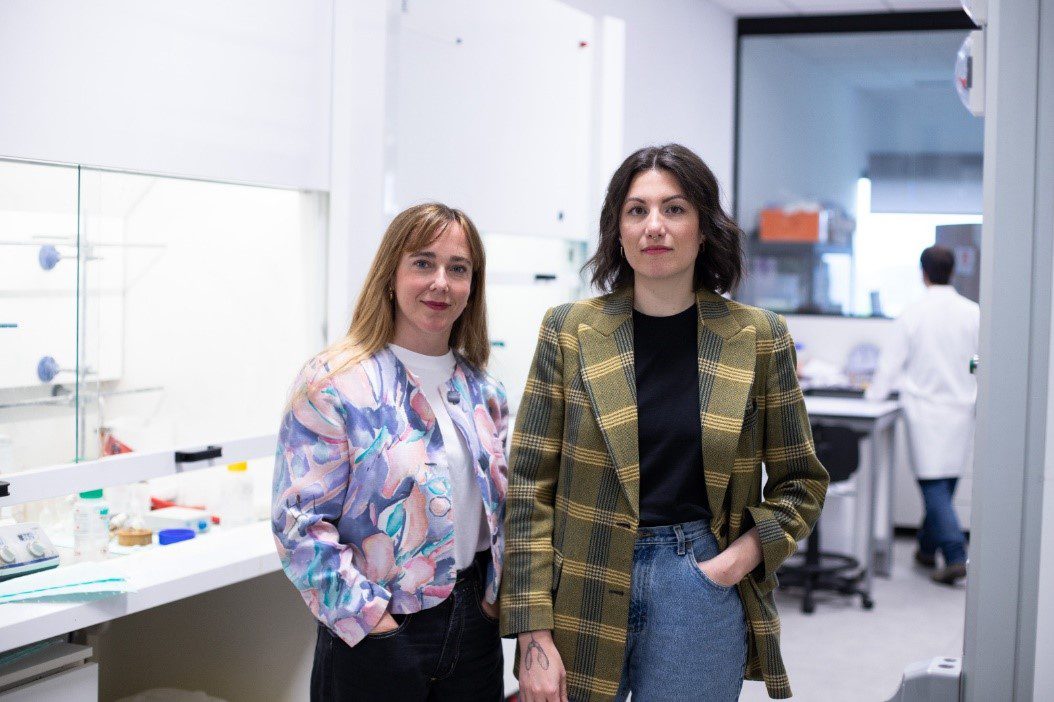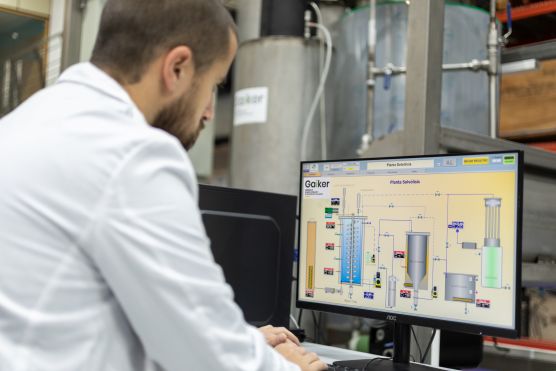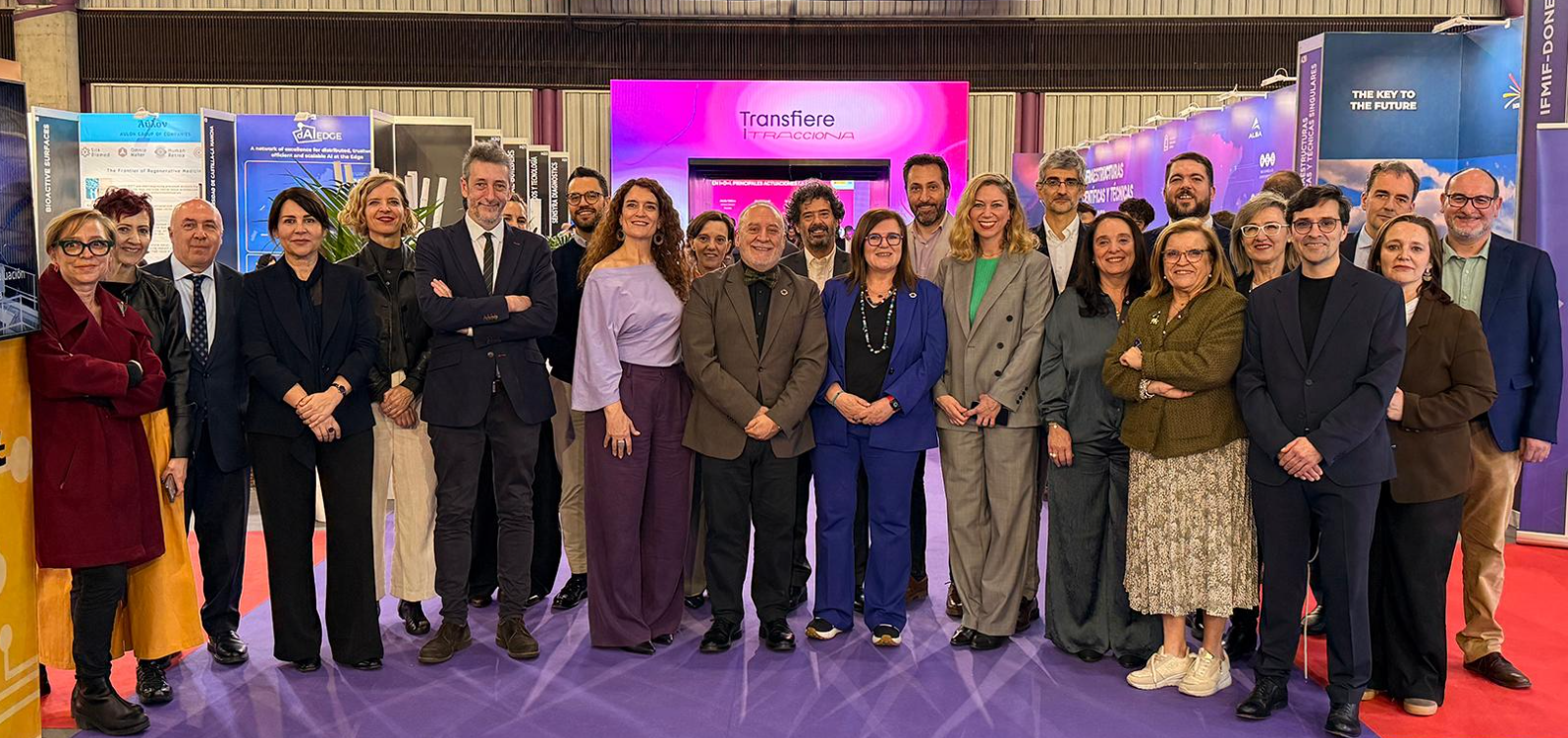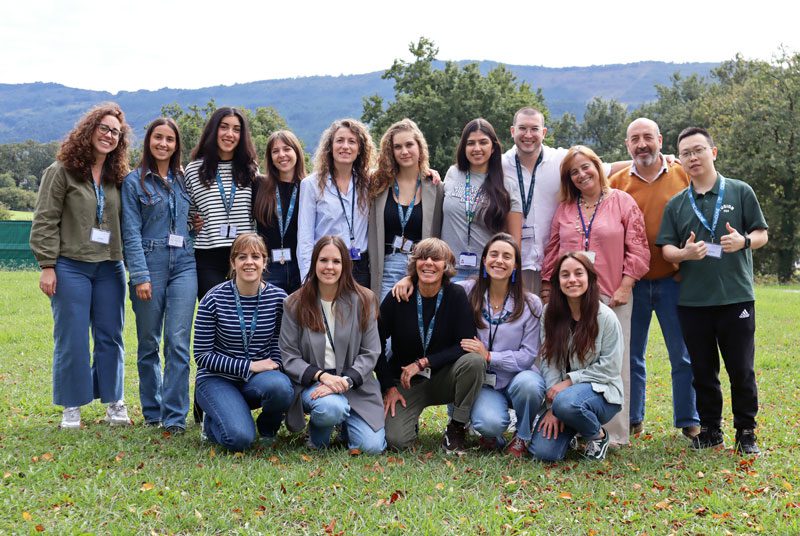Ayesa sees autonomous agent ecosystems as the next revolution in AI
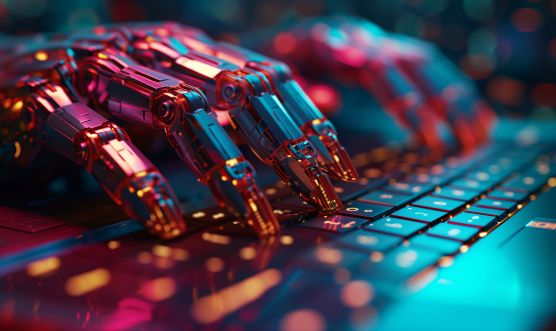
Autonomous agents will be able to network, collaborate, negotiate and solve complex problems in a distributed manner
Ayesa has pointed to autonomous agent ecosystems as the technology that will lead the next revolution in Artificial Intelligence. ‘A revolution that will occur when multiple autonomous agents network, collaborate, negotiate and solve complex problems in a distributed manner,’ the company says.
For Ayesa, in the fast-paced world of generative artificial intelligence (GenAI), one concept is gaining ground: autonomous AI agents. These are not simply smarter chatbots, but entities that combine contextual understanding, decision-making and the execution of complex tasks without constant human intervention. ‘This is an evolution that redefines not only the potential of AI, but also the way companies design processes, products and services,’ says Marian Aradillas, Data & AI Director at Ayesa.
Aradillas explains that autonomous AI agents form a system capable of perceiving their environment, ‘for example, through APIs, databases or natural text’, making decisions based on predefined or learned objectives, acting on their environment ‘by sending emails, performing analyses, automating tasks, etc.’ and learning from feedback and improving over time.
‘Unlike traditional assistants, these agents can orchestrate multiple tools, interact with other systems and collaborate with each other, even on an ongoing basis,’ adds the Head of Data & AI.
In this way, autonomous agent ecosystems form a decentralised organisational intelligence, where the emerging value lies not in the individuality of each agent, but in their interaction. ‘Autonomous agents are much more than a fad: they represent an intermediate layer between humans and total automation, allowing GenAI to move from being consultative to executive. Preparing for their adoption is not optional, but strategic,’ says Marian Aradillas.

